Question And Answer
Publications
Articles, publications, books, tools and multimedia features from the U.S. Institute of Peace provide the latest news, analysis, research findings, practitioner guides and reports, all related to the conflict zones and issues that are at the center of the Institute’s work to prevent and reduce violent conflict.

Lauren Baillie on the ICC’s Latest Warrants for Russian War Crimes
For the first time, the International Criminal Court has charged high-level Russian commanders with crimes against humanity — showing that Russia’s assault on civilians and civilian infrastructure in Ukraine is “not sporadic, it’s systematic, it’s purposeful, it’s part of a policy,” says USIP’s Lauren Baillie.
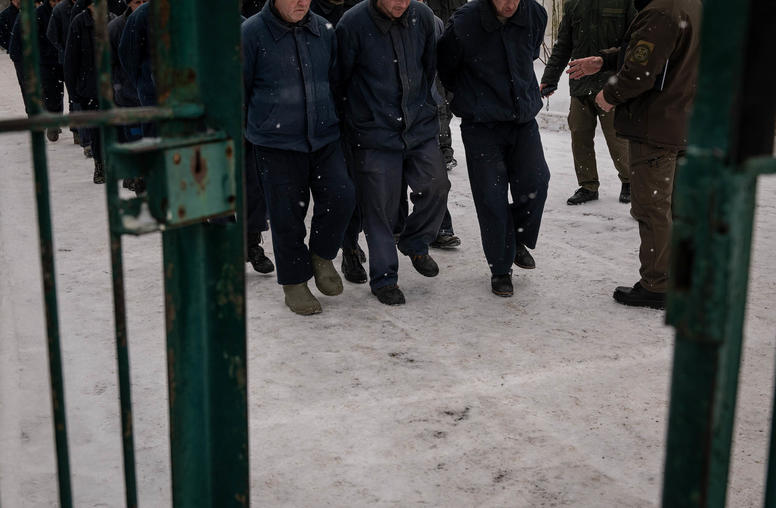
Amid War, Ukraine Aims to Protect the Rights of a Brutal Foe
At a critical phase in Russia’s war on Ukraine, U.N. human rights reports and news accounts illuminate a deepening contrast between the two nations’ adherence to humanitarian conduct amid war, notably in their treatment of prisoners. As Russian forces publicize and celebrate their brutalization of prisoners, Ukraine is striving to apply global norms rooted in a wartime order, 160 years ago this week, by U.S. President Abraham Lincoln. Sustaining support for Ukraine’s adherence to international humanitarian law can help determine which patterns of conduct, brutal or humane, will shape the world in which our children will live.
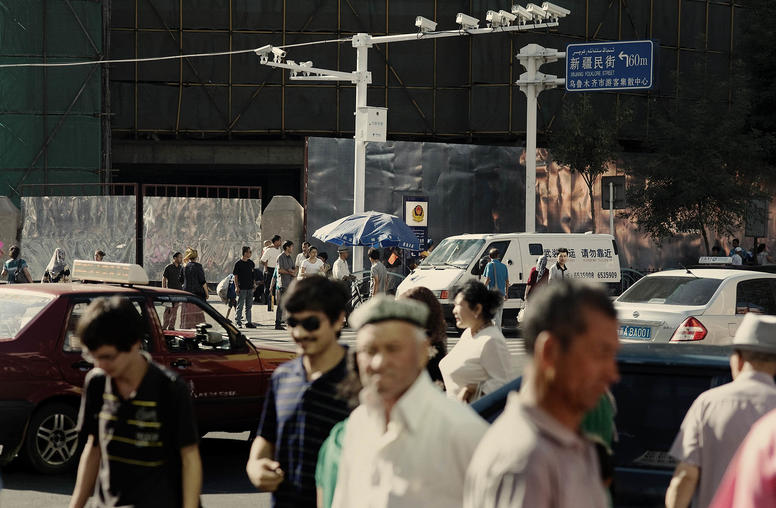
Don’t Look Away from China’s Atrocities Against the Uyghurs
While atrocity crimes — and the pursuit for accountability — in Ukraine have dominated global attention in the last year, momentum has continued to build in seeking accountability for China’s crimes against the Uyghurs and other minority groups. Most of this progress has been made at the state level, including legal cases under the principle of universal jurisdiction, atrocity determinations finding that genocide and crimes against humanity are ongoing, and efforts to exclude Chinese goods made with forced labor from domestic markets. Although this momentum has been slow and not without setbacks, it has also been steady, strengthening the record of Beijing’s crimes against the Uyghurs and the overall case for accountability.
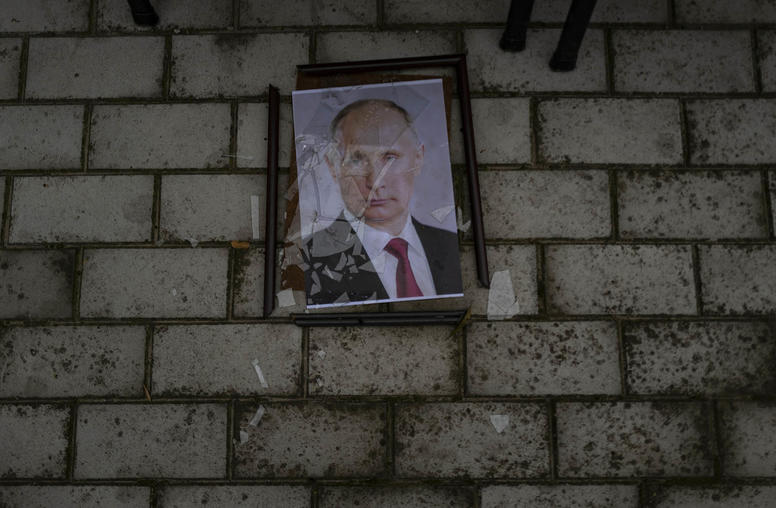
How the ICC’s Warrant for Putin Could Impact the Ukraine War
The International Criminal Court (ICC) announced last Friday that it had issued arrest warrants for Russian President Vladimir Putin and Presidential Commissioner for Children’s Rights Maria Lvova-Belova. According to a statement issued by the ICC, Putin and Lvova-Belova are alleged to have committed the war crimes of “unlawful deportation of population (children) and that of unlawful transfer of population (children) from occupied areas of Ukraine to the Russian Federation” beginning in at least February 24, 2022. USIP’s Lauren Baillie, Heather Ashby and Mary Glantz discuss the impacts of these warrants on Putin and on the war in Ukraine.
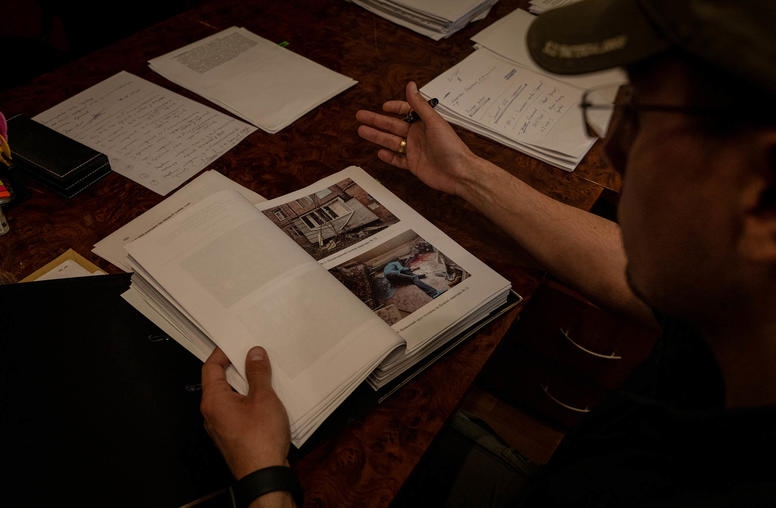
Nobel Peace Prize: Documenting Rights Abuses is Vital in Ukraine and Beyond
The award of the 2022 Nobel Peace Prize to one individual and two civil society organizations — from Belarus, Russia and Ukraine — recognizes the critical role civil society documenters play in holding states accountable for human rights abuses. The laureates have brought to light the breadth of abuses committed by authoritarian regimes in Belarus and Russia and the vast harms suffered by Ukrainians as a result of the Russian invasion. They also reflect a larger global trend, where civil society organizations document crimes in order to hold perpetrators accountable, memorialize the suffering of victims, and provide critical information to families on the fates of their loved ones.
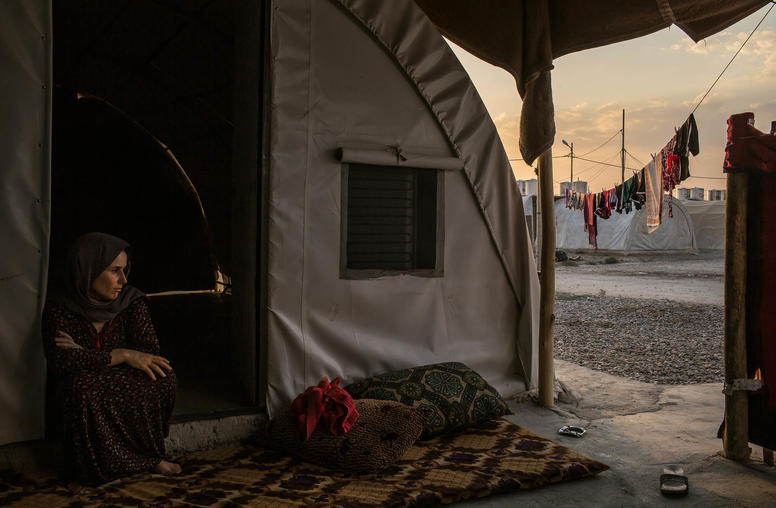
Four Ways to Include Conflict-Related Sexual Violence in Atrocity Prevention
Conflict-related sexual violence is not only an indicator of rising atrocity risk — it can also constitute an atrocity crime itself. And while the U.S. government has implemented conflict-related sexual violence response efforts, concurrent international efforts on the issue offer a solid foundation for the United States to go beyond responding to these crimes and toward prevention.
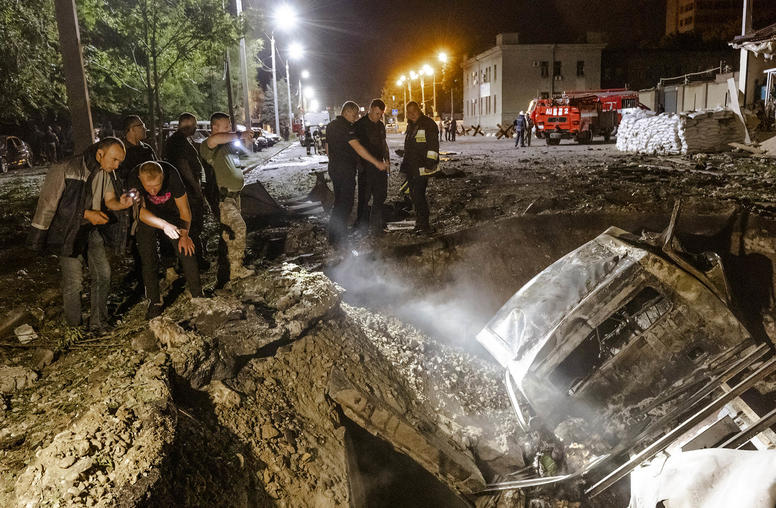
Five Ways to Make the U.S. Atrocity Prevention Strategy Work
From Ukraine to Ethiopia to Burma and beyond, people around the world suffer mass atrocities and the immense harm these crimes inflict on victims and survivors. Yet, the United States had no articulated strategy to prevent these atrocities — until now. In July, the Biden administration announced the “U.S. Strategy to Anticipate, Prevent, and Respond to Atrocities,” marking a hopeful moment. However, hard work remains to operationalize the strategy, including in maintaining the political will to realize an effective prevention agenda.
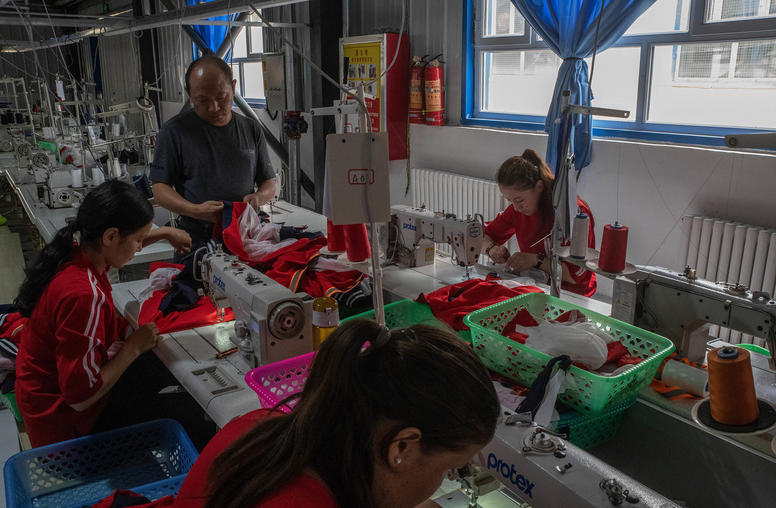
How Documentation Is Critical to Exposing China’s Abuses of the Uyghurs
This month, U.S. companies are scrambling to comply with the Uyghur Forced Labor Prevention Act (UFLPA) that went into effect three weeks ago, ensuring they have no goods in their supply chains made through the forced labor of China’s Muslim Uyghur minority. Here we see an important example of how far efforts have come to document abuses against Uyghurs and other minorities in China’s Xinjiang Uyghur Autonomous Region (XUAR). Documentation efforts including journalistic reporting, investigative work by human rights researchers, and the collection and preservation of witness testimony by NGOs have each played an important role in exposing abuses and linking them to official responsibility in China, laying the foundation for countries like the United States to respond with concrete policy changes such as the UFLPA.
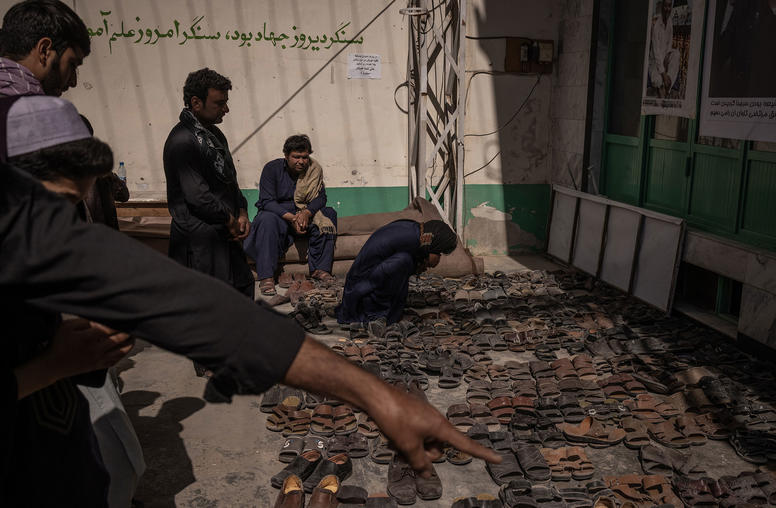
Four Ways the U.S. Can Help Prevent Mass Atrocities in Afghanistan
Following the Taliban’s August 2021 takeover, the risk of mass atrocities in Afghanistan has risen considerably, with multiple groups facing imminent threats of violence.

Lauren Baillie on Accountability for Atrocities in Ukraine
Amid ongoing revelations of atrocities committed against Ukrainians at the hands of Russian forces, USIP’s Lauren Baillie says efforts to investigate and prosecute these crimes will require creativity and “the ability to think more broadly about how we bring perpetrators to justice and recognize the unique needs of victims.”